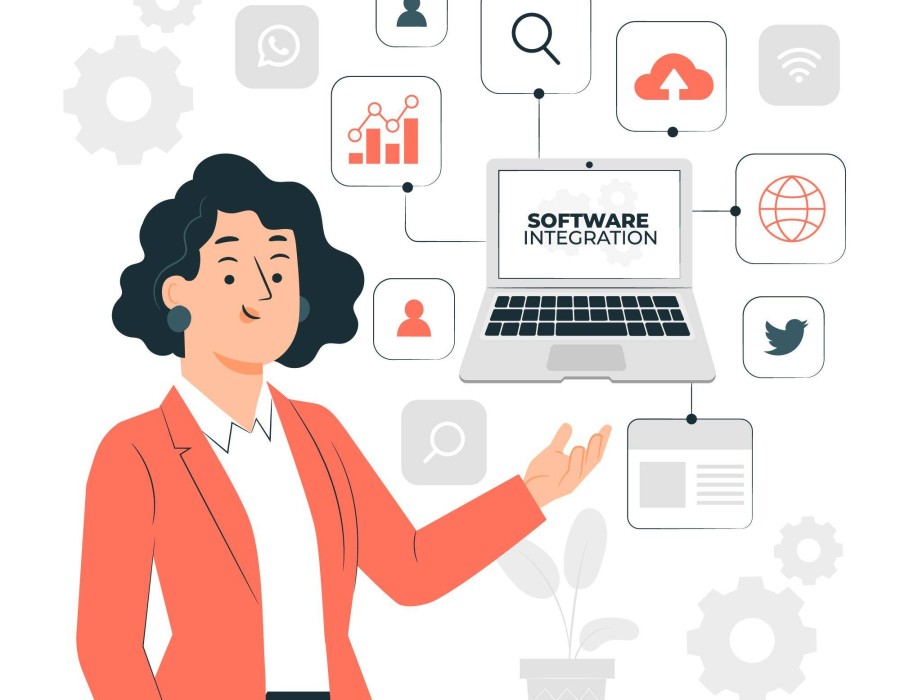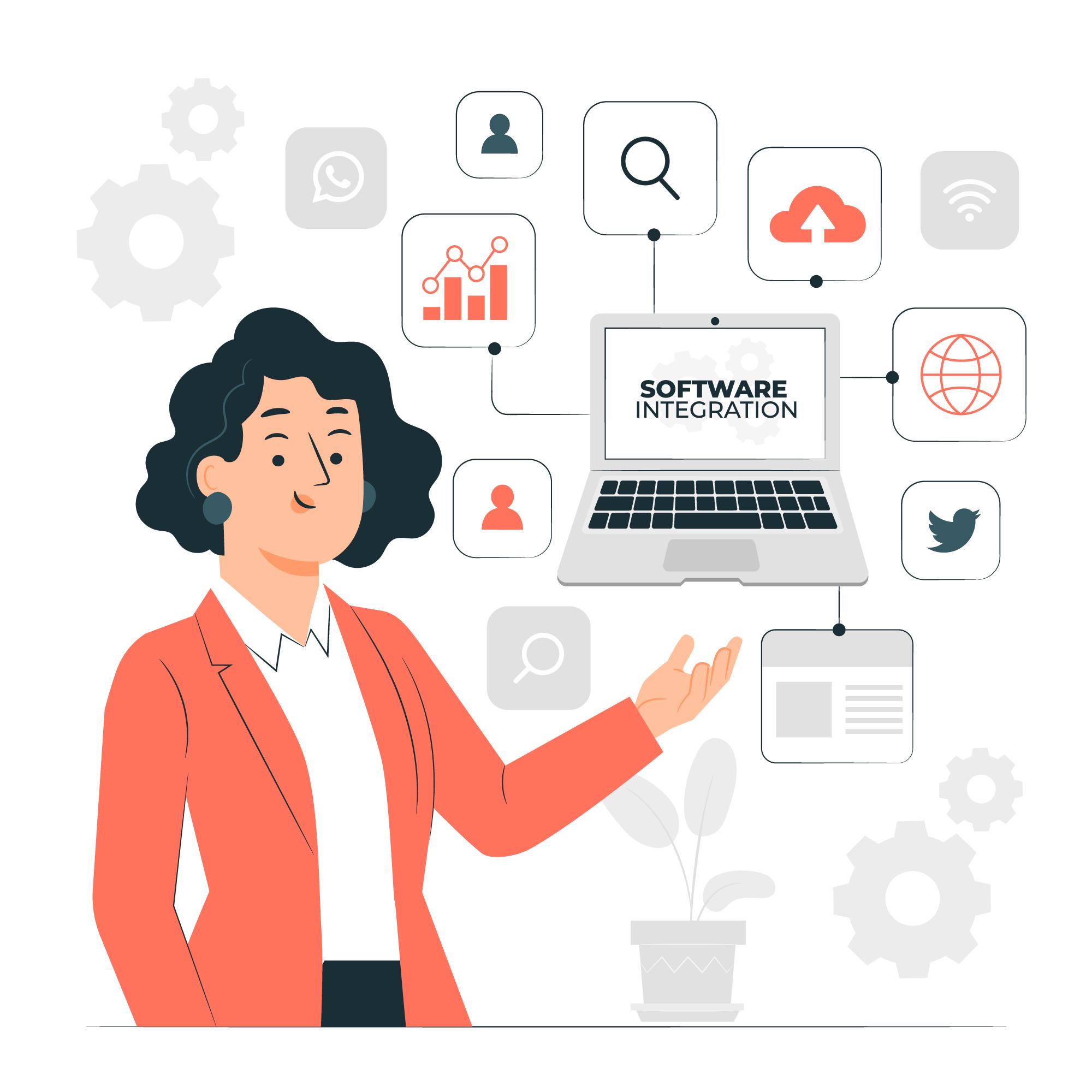Key Features of Call Center Software
Automatic Call Distribution (ACD): This feature ensures that incoming calls are routed to the most appropriate agent based on predefined criteria such as agent skills, call volume, and customer priority. ACD helps in reducing wait times and improving first-call resolution rates.
Interactive Voice Response (IVR): IVR systems allow customers to interact with a computer-operated phone system through voice or keypad inputs. It helps in efficiently directing calls, providing information, and collecting data without human intervention, thus freeing up agents for more complex tasks.
Customer Relationship Management (CRM) Integration: Integrating CRM with call center software enables agents to access customer data quickly, providing a personalized experience. It includes details like previous interactions, purchase history, and preferences, which are crucial for effective customer service.
Call Recording and Monitoring: These features are essential for quality assurance and training purposes. They allow supervisors to monitor calls in real-time or review recorded conversations to ensure compliance and improve agent performance.
Analytics and Reporting: Advanced analytics tools provide insights into call center performance, customer satisfaction, and agent productivity. Reports can highlight trends, identify bottlenecks, and suggest improvements to optimize operations.
Benefits of Call Center Software
Enhanced Customer Experience: By efficiently managing call flow and providing agents with detailed customer information, call center software ensures quicker resolution times and a more personalized service, leading to higher customer satisfaction.
Increased Agent Productivity: Automation of routine tasks and intelligent call routing allows agents to focus on more complex customer issues, improving their productivity and job satisfaction.
Cost Efficiency: Automating processes and optimizing resource allocation can significantly reduce operational costs. Additionally, cloud-based call center solutions eliminate the need for expensive on-premise hardware.
Scalability: Modern call center software solutions are highly scalable, making it easy for businesses to expand their operations without significant additional investments. They can handle increased call volumes and add new features as needed.
Improved Compliance and Security: Call center software often includes features that help ensure compliance with industry regulations and protect sensitive customer information through advanced security protocols.
Impact on Modern Businesses
The implementation of call center software has had a profound impact on modern businesses across various sectors. It has transformed customer service from a reactive, manual process to a proactive, automated, and efficient system. Here are some specific impacts:
Retail and E-commerce: These industries have seen significant improvements in handling high volumes of customer inquiries, particularly during peak seasons. Call center software helps manage orders, process returns, and provide product support seamlessly.
Healthcare: For healthcare providers, WhatsApp Broadcast efficient call center operations are crucial. The software helps manage appointment scheduling, patient inquiries, and follow-ups, ensuring timely and effective communication.
Financial Services: In an industry where security and compliance are paramount, call center software provides robust solutions for handling sensitive transactions, fraud detection, and personalized financial advice.
Telecommunications: Telecom companies leverage call center software to manage technical support, billing inquiries, and service outages, thereby improving customer retention and satisfaction.






Comments